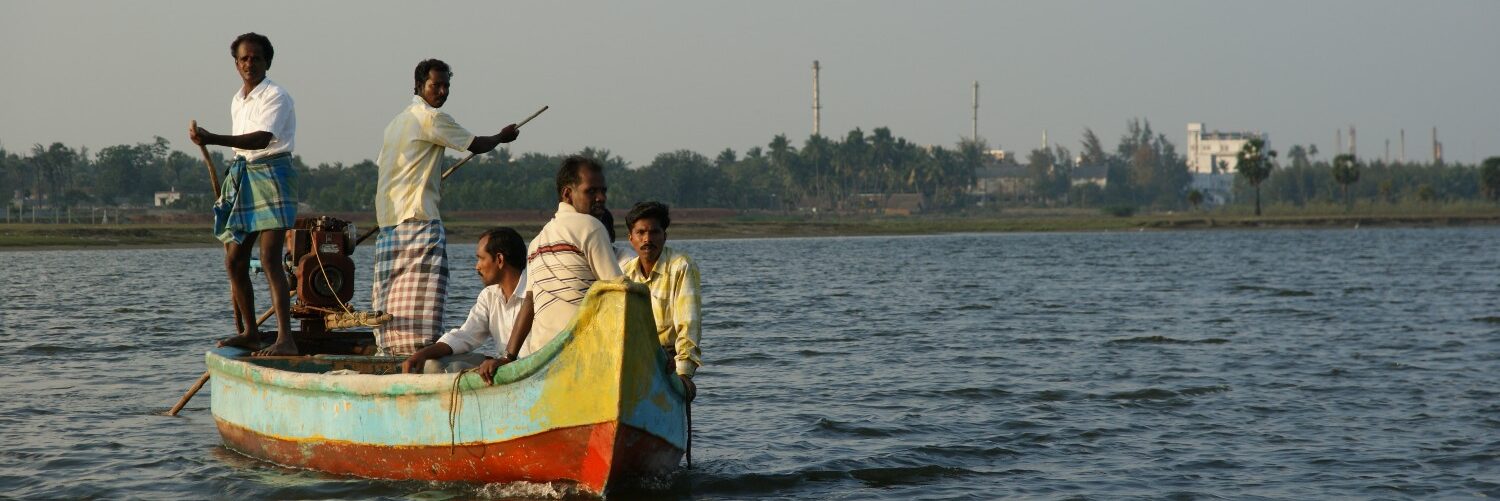June 14, 2013
Ambika Sharma
Tribune News Service
Solan: With the ambient air quality of Ambuja Cements Limited and JP Cements above prescribed norms in the latest sampling reports compiled by the State Pollution Control Board, the board has issued a notice to the two units to adopt measures to control pollution, failing which further action will be taken.
A copy of the notice is available with The Tribune. This is not the first instance of the notice being slapped on both units. People residing in the periphery of both units have repeatedly been complaining of significant levels of air pollution.
The board has directed the units to continuously operate pollution control devices at the sites and at other locations and submit a time-bound action plan to improve the ambient air quality and other emissions within seven days. The plant managements have been directed to minimise pollution at the mining site by controlling blasting.
Since violation of the Air (Prevention and Control of Pollution) Act, 1981, is a cognisable offence, attracting a penalty of up to Rs 10,000 and an imprisonment for up to seven years, an offender may face tough action if the board adopts a tough posture.
Within a few days of the receipt of the notice on May 28, the cement plants had filed their replies, stating that pollution mitigation devices like back filters were in place and the dust collected was being recycled.
They had claimed that they had proper systems to comply with prescribed norms. While no action plan had been submitted, the units had stressed on re-sampling.
Ambient air quality, which is measured in terms of suspended particulate matter, should be less than 100 micro-grams per cubic metre. It was found to be varying between 100 micro-grams and 140 micro-grams per cubic metre in the latest report of the board.
Another crucial parameter is particulate matter, the optimum limit for which is 50 milli-grams per cubic metre. It was found to be as high as 80 milli-grams per cubic metre. Air sampling is usually avoided during the monsoon as the presence of moisture fails to depict actual air pollution levels.
Sanjay Sood, Member Secetary, State Pollution Control Board, confirmed that the board had issued a notice to the two units after the air samples did not conform to norms.
He said they would conduct re-sampling as they had directed the units to rectify systems. Asked if any action would be taken on the basis of the failed samples, he said he had directed them to rectify systems to control air pollution.
